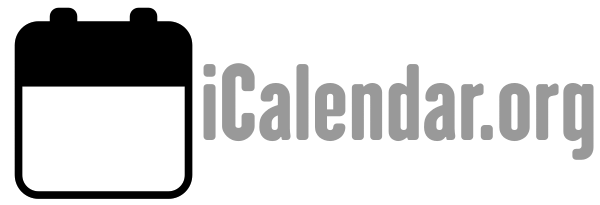iCalendar provides a way to specify DATE and DATE-TIME values that are not bound to any time zone in particular, hereafter called "floating date" and "floating time", respectively. These values are used to represent the same day, hour, minute, and second value, regardless of which time zone is being observed. For instance, the DATE value "20051111", represents November 11, 2005 in no specific time zone, while the DATE-TIME value "20051111T111100" represents November 11, 2005, at 11:11 A.M. in no specific time zone.
CalDAV servers may need to convert "floating date" and "floating time" values in date with UTC time values in the processing of calendaring REPORT requests.
For the CALDAV
calendar-query REPORT, CalDAV servers MUST rely on the value of the CALDAV:timezone XML element, if specified as part of the request body, to perform the proper conversion of "floating date" and "floating time" values to date with UTC time values. If the CALDAV: timezone XML element is not specified in the request body, CalDAV servers MUST rely on the value of the CALDAV:calendar-timezone property, if defined, or else the CalDAV servers MAY rely on the time zone of their choice.
For the CALDAV
free-busy-query REPORT, CalDAV servers MUST rely on the value of the CALDAV:calendar-timezone property, if defined, to compute the proper FREEBUSY time period value as date with UTC time for calendar components scheduled with "floating date" or "floating time". If the CALDAV:calendar-timezone property is not defined, CalDAV servers MAY rely on the time zone of their choice.
